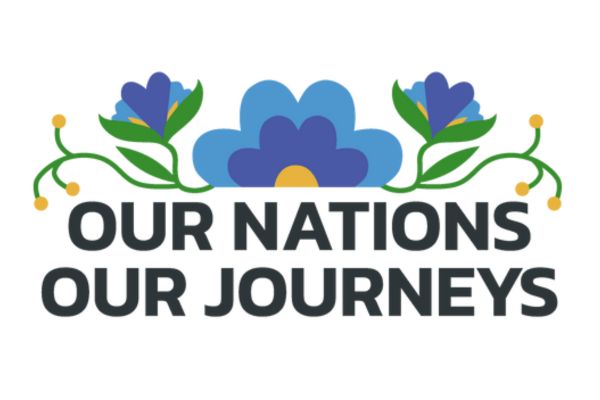
- Details
- By Elyse Wild
The three-day forum, “ONOJ 2023: Healing from the Opioid Epidemic through Strengths-based Approaches and Data Sovereignty,” will be held at the Mystic Lake Conference Center and is presented by Seven Directions Indigenous Public Health Institute and the National Network of Public Health Institutes.
The forum is designed for tribal and urban Indian public health leaders, professionals, and students to share resources on identifying and treating opioid use disorder in their communities. Expert-led break-out sessions will cover a range of topics, from how to improve public health data infrastructure in AI/AN communities to community-driven approaches to harm reduction.
More than 103,000 Americans died in opioid-related incidents in 2022, according to the Centers for Disease Control and Prevention (CDC). While Americans of all races are impacted, overdose deaths disproportionately affected Black, Indigenous, and People of Color (BIPOC) communities.
In 2020, Native Americans’ opioid mortality increased 39% over the prior year — the second-highest rate of increase behind African Americans, according to the CDC.
“We recognize there is an opioid crisis in our communities, and this is an opportunity for future tribal public health leaders to connect with practitioners who have been at the forefront of developing and testing culturally responsive evidence-based practices,” said Dr. Myra Parker (Mandan-Hidatsa), Director of Seven Directions, in a statement. “Participants should look forward to having strategic conversations that explore theoretical and practical methods.”
Organizers say that “Healing from the Opioid Epidemic” will include culturally informed activities throughout the conference, including large-group activities designed to promote healing from intergenerational trauma, opportunities for experiential field trip outings with local tribal communities, and multiple Native music and dance performances.
Notably, this year’s conference will include an inaugural Awards Ceremony on Tuesday, June 28, to recognize eight individuals and teams serving their Indigenous communities in public health.
“After reviewing nominations from colleagues in the Indigenous public health field, we have selected some outstanding leaders in various public health fields,” said Dr. Maya Magarati, Associate Director of Community Collaboration, Research, and Evaluation at Seven Directions. “We recognize that there are many organizations, teams, and individuals that embody these values and look forward to honoring and uplifting future tribal public health leaders.”
In-person conference attendance has reached capacity, but conference sessions can be viewed virtually. For more information about the ONOJ conference or to register to attend virtually, visit indigenousphi.org/onoj.
Tell Us What You Think
More Stories Like This
Cherokee Nation Proposes $30 Million OU Nursing School Partnership to Expand Health WorkforceHealth Stories We’ll Be Following in 2026
Indian Country Faces Crippling Premiums Under Expired Affordable Care Act Credits
Artificial Intelligence Impacts the Art and Science of Dentistry – AI Part 2
Feds Announce $50 Billion to States for Rural Health, Tribes Barely Mentioned in Awards


